This is the opinion given at the 5th International Conference on Culture and Education ICCE 2024 with the theme: "Intercultural Education in the Context of Integration" taking place today (December 7). The conference was organized by Hanoi Capital University in collaboration with the University of Education, Hue University and domestic and international partners.
The workshop attracted great attention from domestic and international scientists such as France, Japan, Thailand... In 3 languages (Vietnamese, French, English), the workshop focused on topics related to intercultural education in the context of integration.
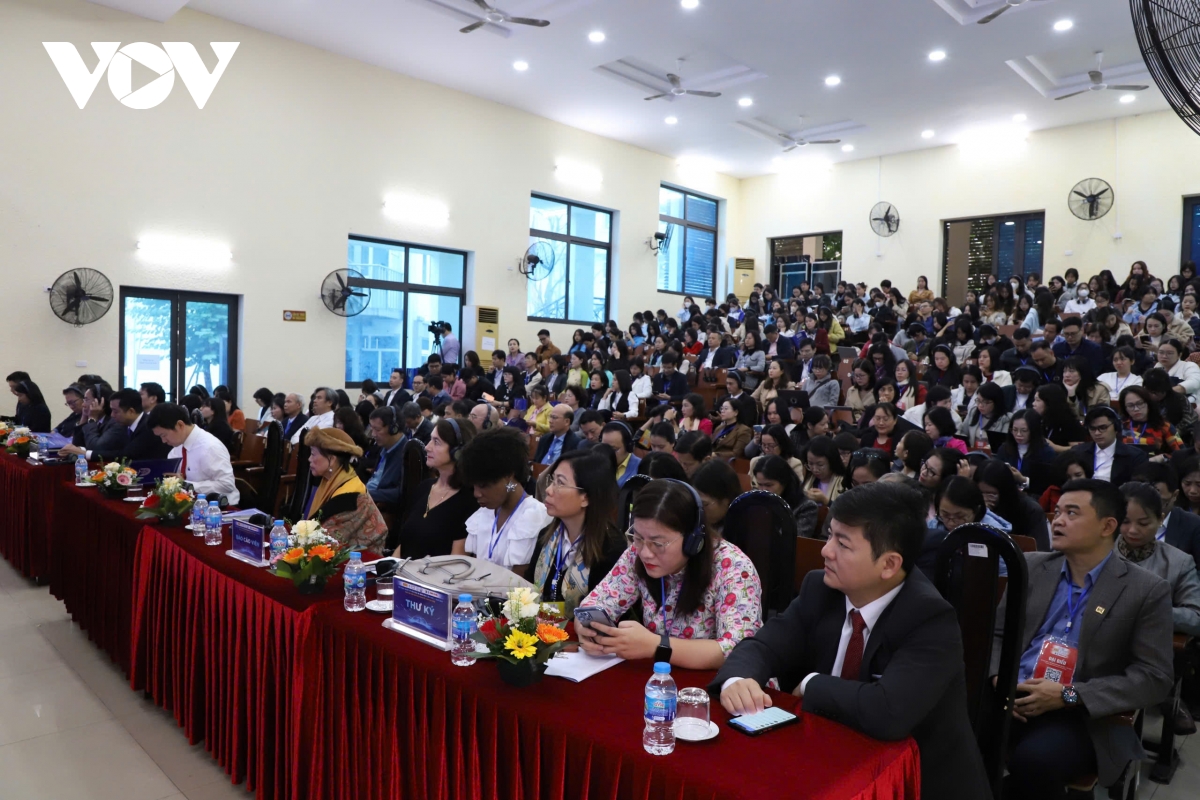
Speaking at the opening of the workshop, Associate Professor, Dr. Do Hong Cuong, President of Hanoi Capital University, emphasized that in the context of globalization, the development of culture and intercultural education is no longer the sole task of any country but a common task of all peoples in the world.
According to Associate Professor Dr. Do Hong Cuong, over the years, in carrying out its mission, Hanoi Capital University has made constant efforts to create a friendly and diverse learning environment, where students can access new knowledge, understand different cultures, and develop the skills necessary to integrate into the global society.
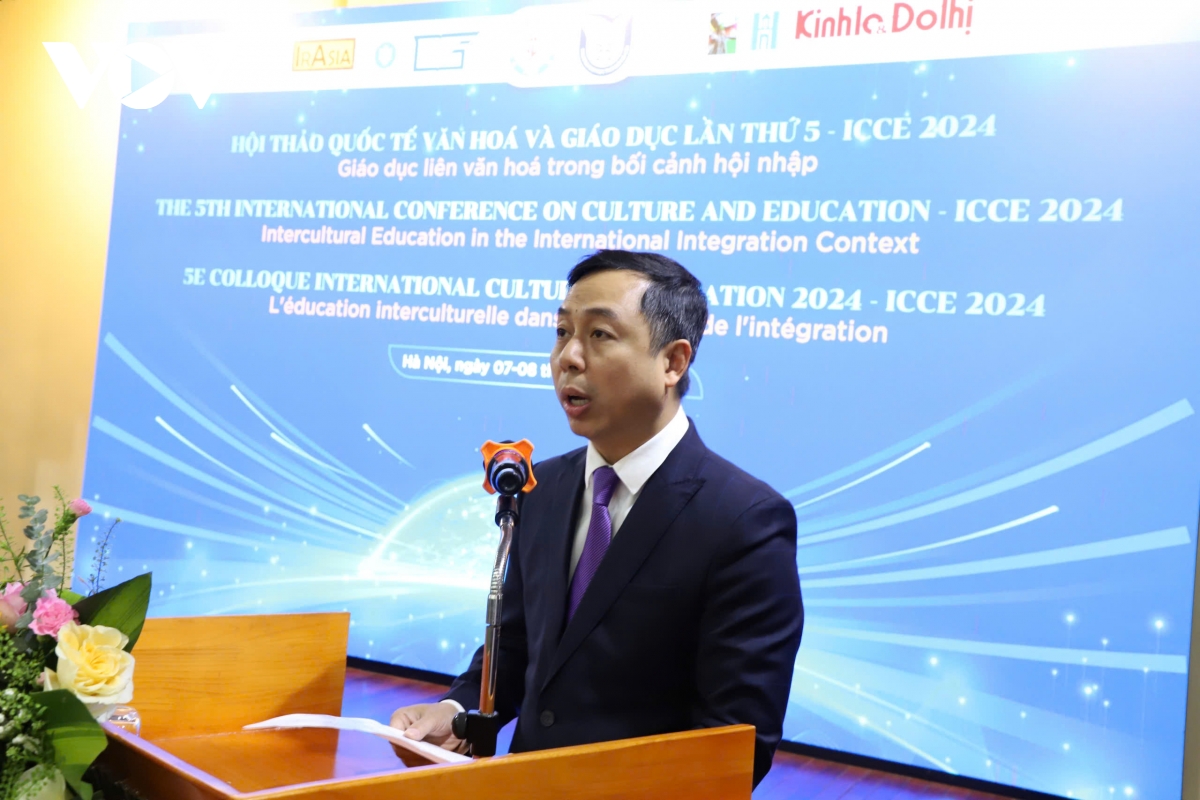
Associate Professor, Dr. Nguyen Thanh Hung, Vice Principal of Hue University of Education, also said that in the common development process of humanity, the interaction between cultures is inevitable. That process has eliminated values that are no longer suitable, but somehow, this process also promotes dialogue and interaction between cultures to create new values, especially in the context of globalization taking place strongly as it is today.
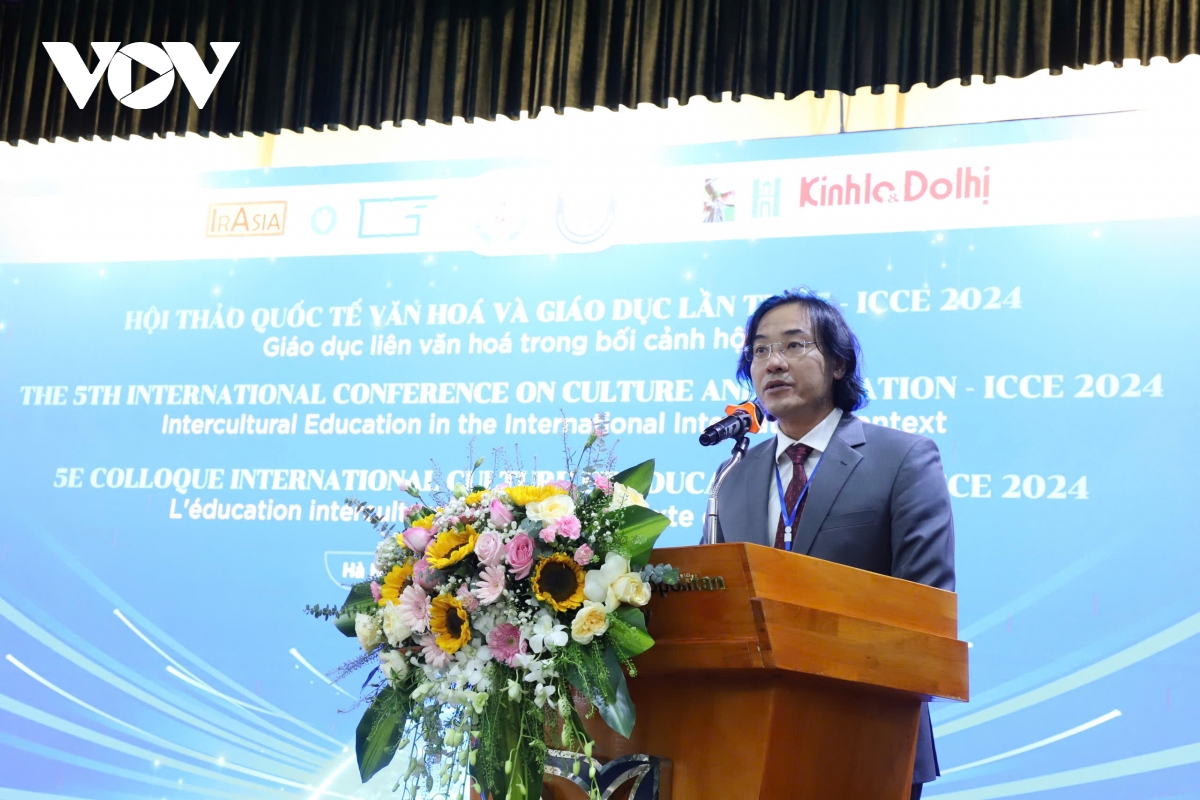
“For Vietnam, in the process of opening up and integrating internationally, especially when the country enters the “era of national growth”, culture and people are the endogenous strength to develop a prosperous and happy country, and are the ego values to affirm a strong Vietnamese nation standing shoulder to shoulder with friends from all over the world.
Therefore, the preservation, maintenance and transmission of the quintessence of national culture on the basis of absorbing the quintessence of human culture, as well as coexistence in respect for the differences of cultures, is not only placed on the shoulders of those working in cultural work but also on the shoulders of scientists and educators of universities, especially pedagogical schools...", Associate Professor, Dr. Nguyen Thanh Hung emphasized.
Reporting at the workshop, Associate Professor, Dr. Tran Huyen Sam, Hue University of Education, said that globalization has a profound impact on the education sector. This is also a concern of the education sector in particular and society in general.
"Culture shock, cultural allergy or rejection of the original culture, that is the reality that we encounter in a multicultural educational environment. Intercultural education will help students develop skills and knowledge, thereby having an appropriate attitude in the school environment.
From sketching a picture of intercultural education in Southeast Asian countries from the second half of the 19th century to the mid-20th century, the presentations at the conference proposed teaching and learning measures in each subject such as: Foreign Language, Literature, History, Geography...
For secondary schools, it is necessary to pay early attention to building a multicultural educational environment, integrating intercultural education to form in students an attitude and mindset in today's globalized communication environment.
For universities, the papers not only focus on autonomy in management, intercultural integration in the development and evaluation of training programs, but also on the issues of teaching and learning of lecturers and students. The authors emphasize that: Education in the digital age is struggling with new spaces of "identity struggles" and in this historical situation: Teachers are the key factor in cultural reconciliation", said Associate Professor, Dr. Tran Huyen Sam.
Source: https://vov.vn/xa-hoi/toan-cau-hoa-dang-tac-dong-the-nao-den-giao-duc-post1140559.vov



![[Photo] "Lovely" moments on the 30/4 holiday](https://vstatic.vietnam.vn/vietnam/resource/IMAGE/2025/5/1/26d5d698f36b498287397db9e2f9d16c)
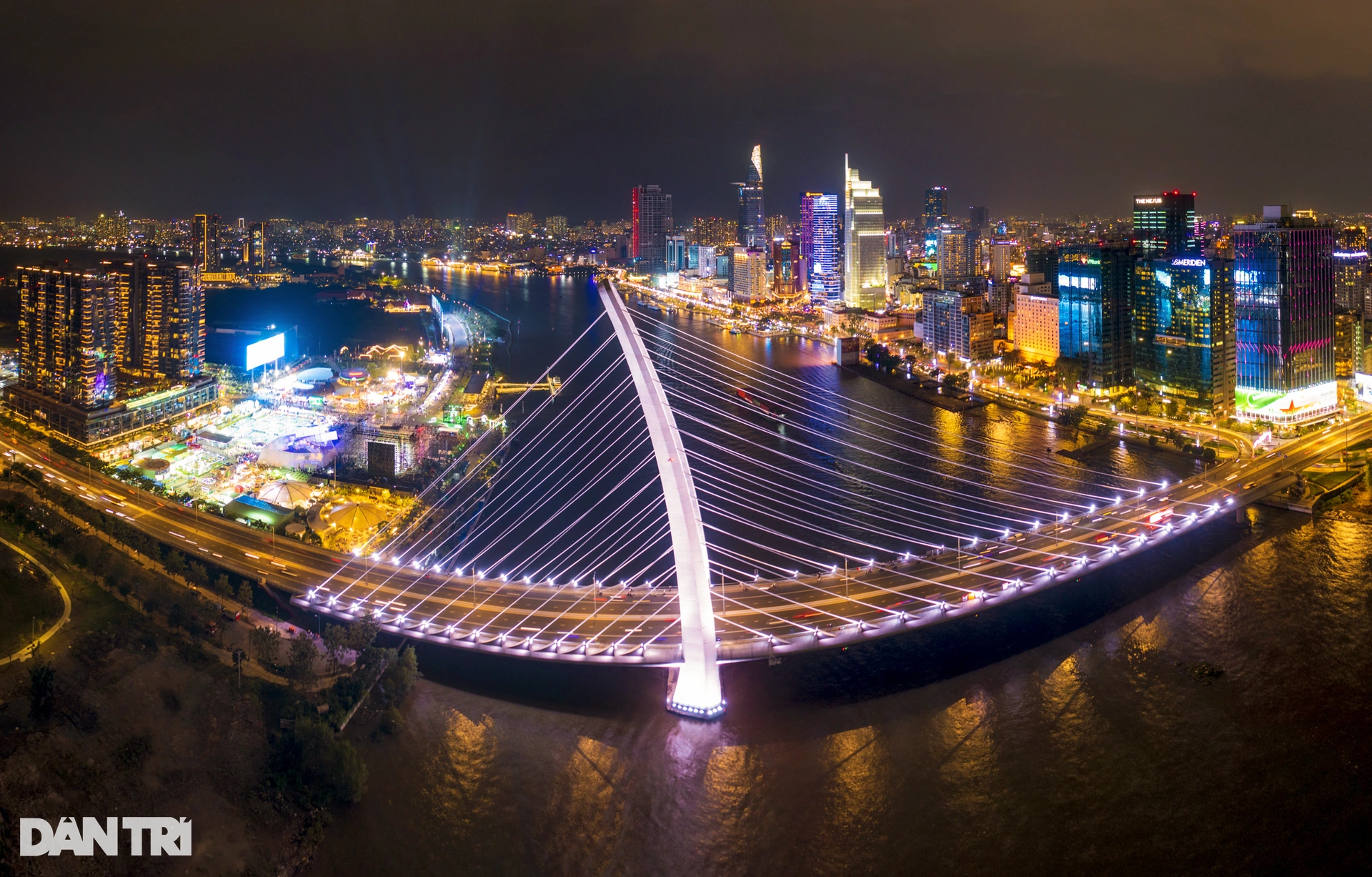
![[Photo] Binh Thuan organizes many special festivals on the occasion of April 30 and May 1](https://vstatic.vietnam.vn/vietnam/resource/IMAGE/2025/5/1/5180af1d979642468ef6a3a9755d8d51)

![[Photo] Ha Giang: Many key projects under construction during the holiday season](https://vstatic.vietnam.vn/vietnam/resource/IMAGE/2025/5/1/8b8d87a9bd9b4d279bf5c1f71c030dec)


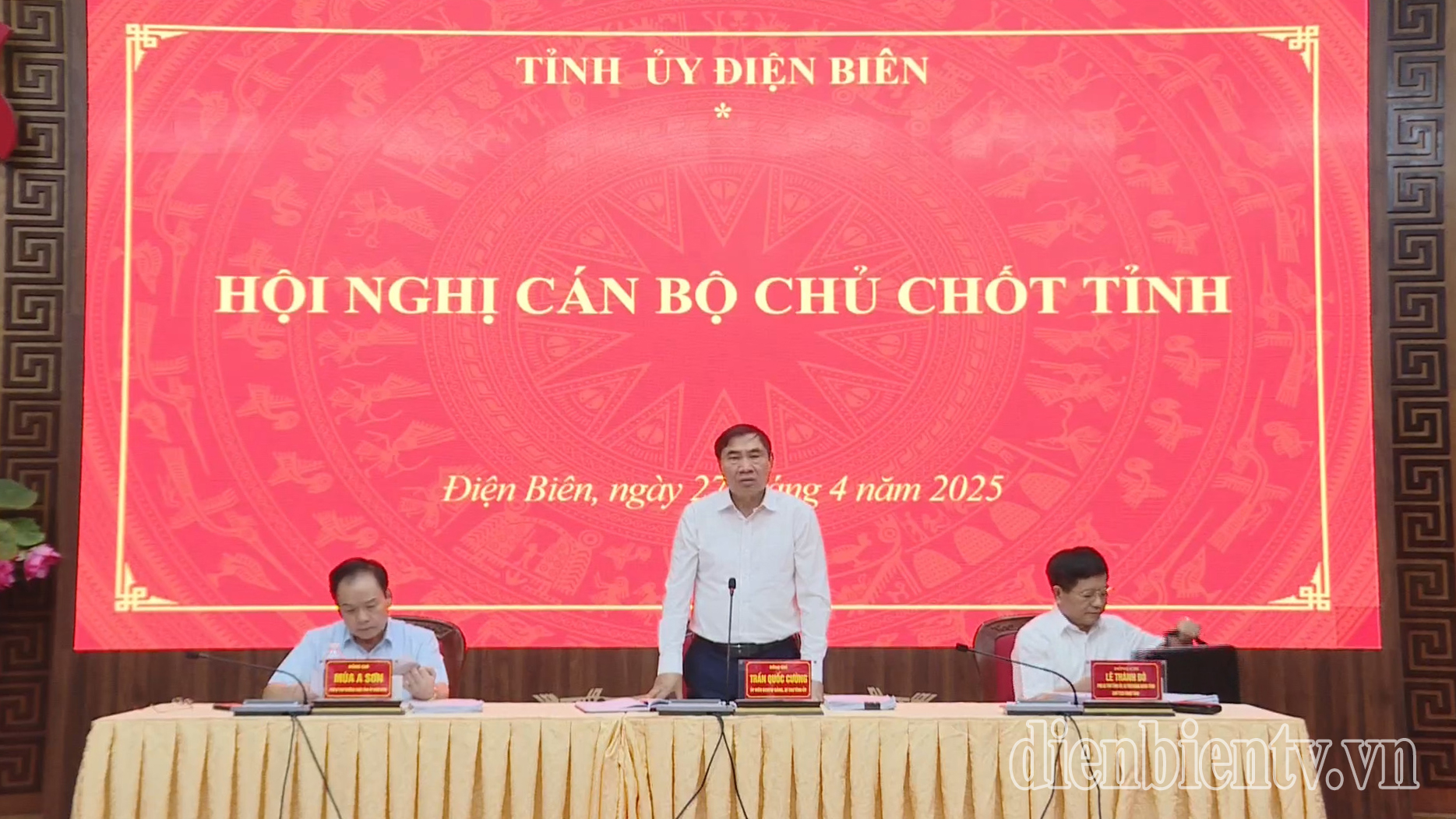
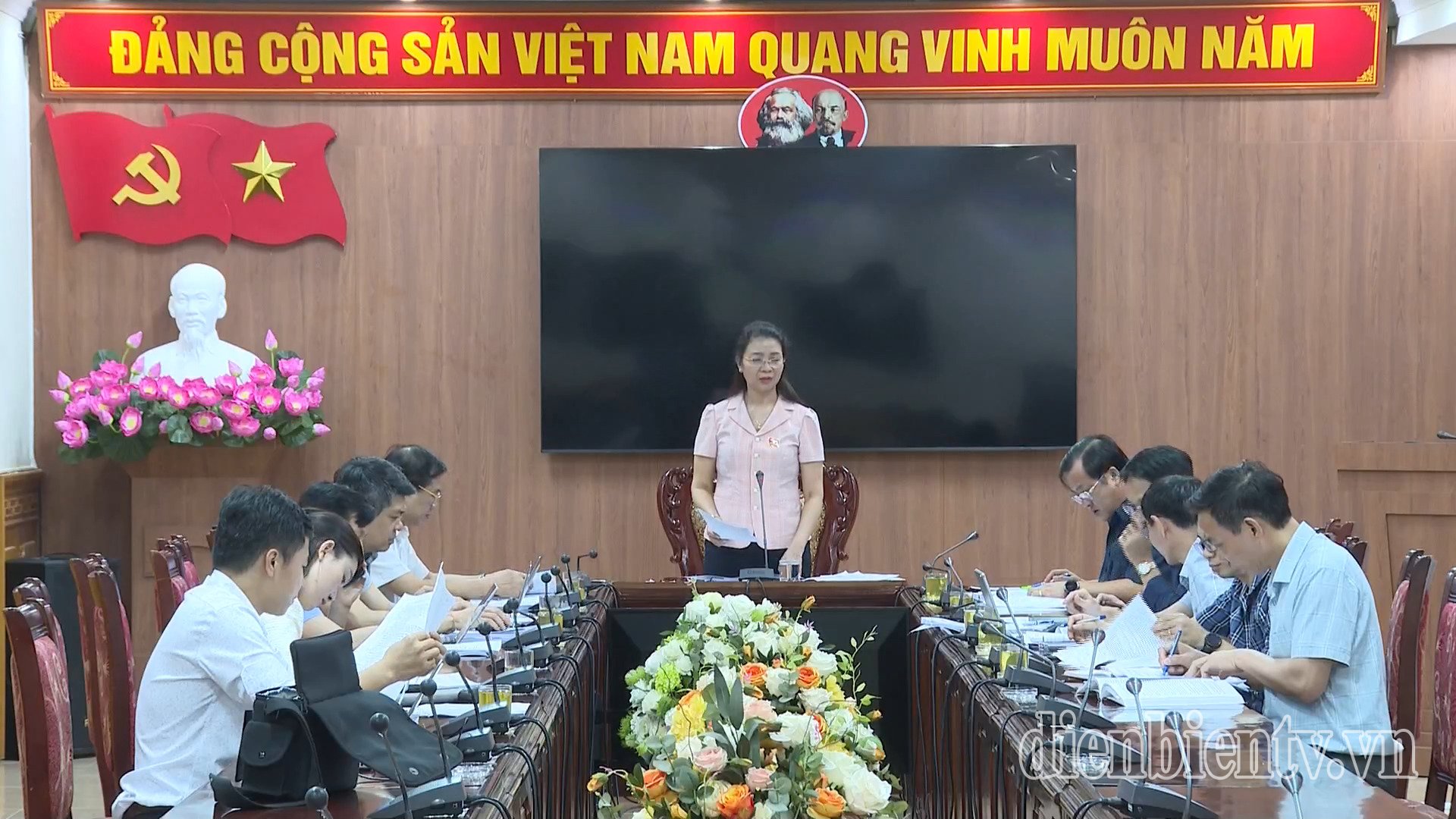
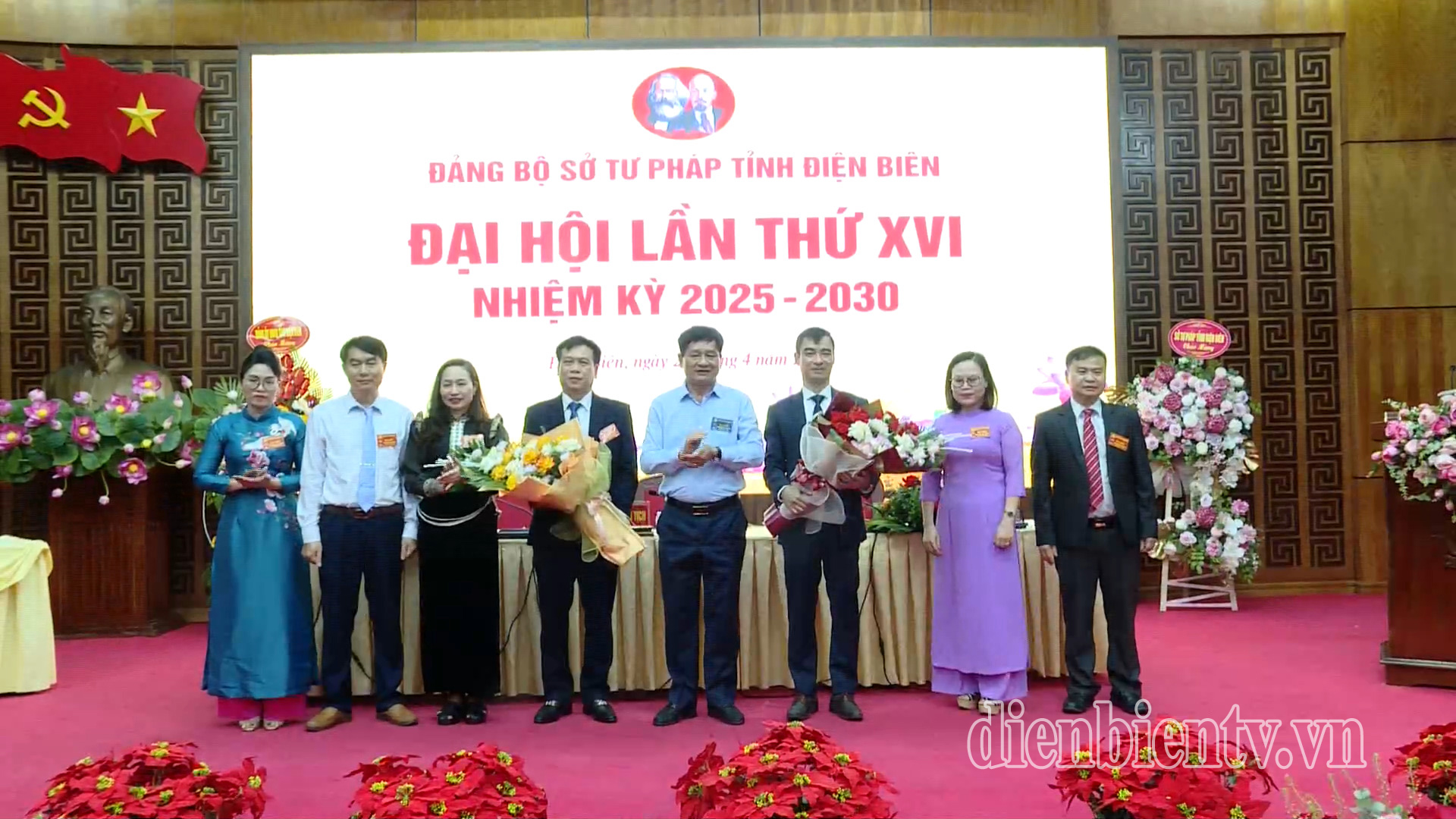
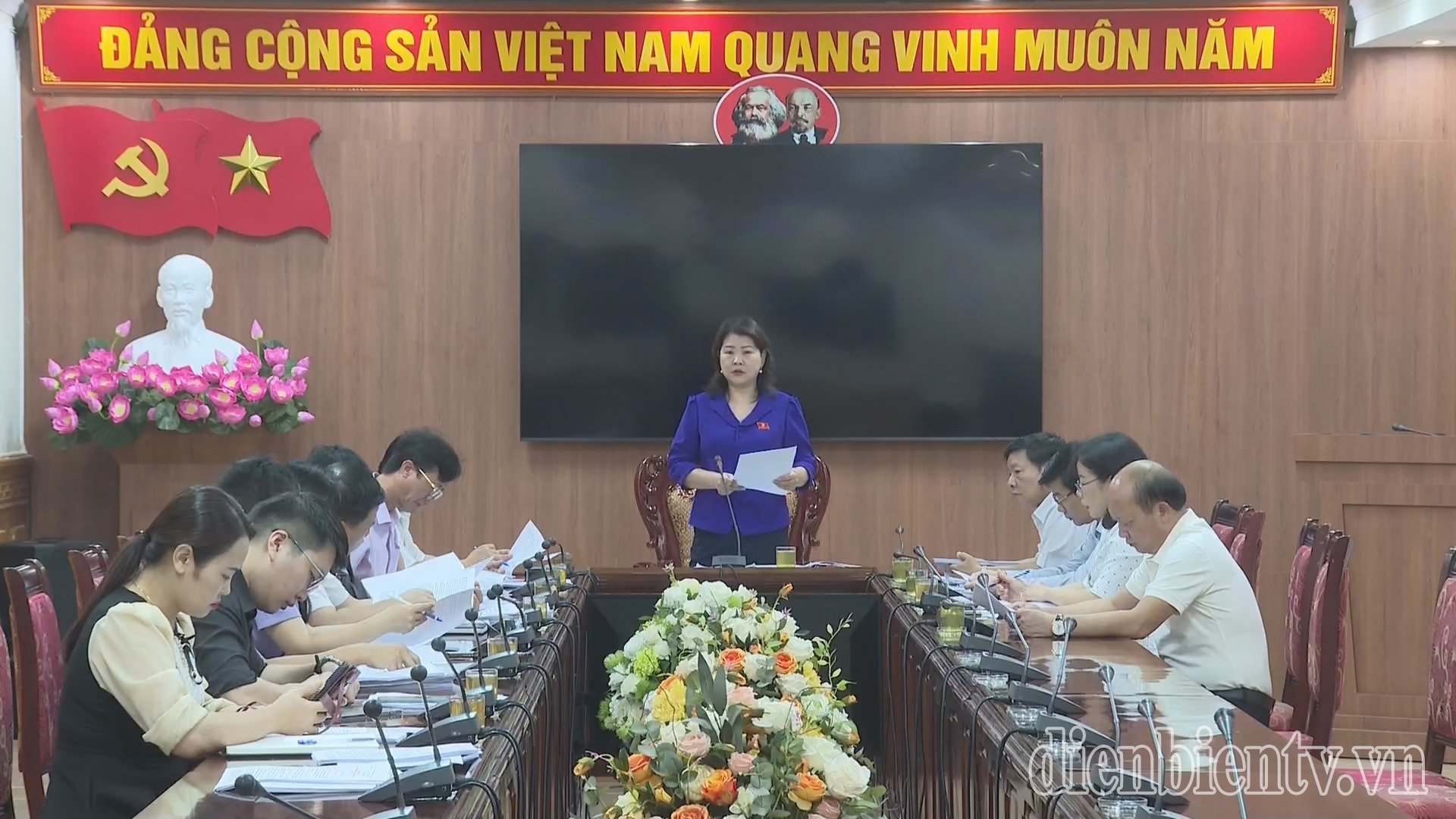
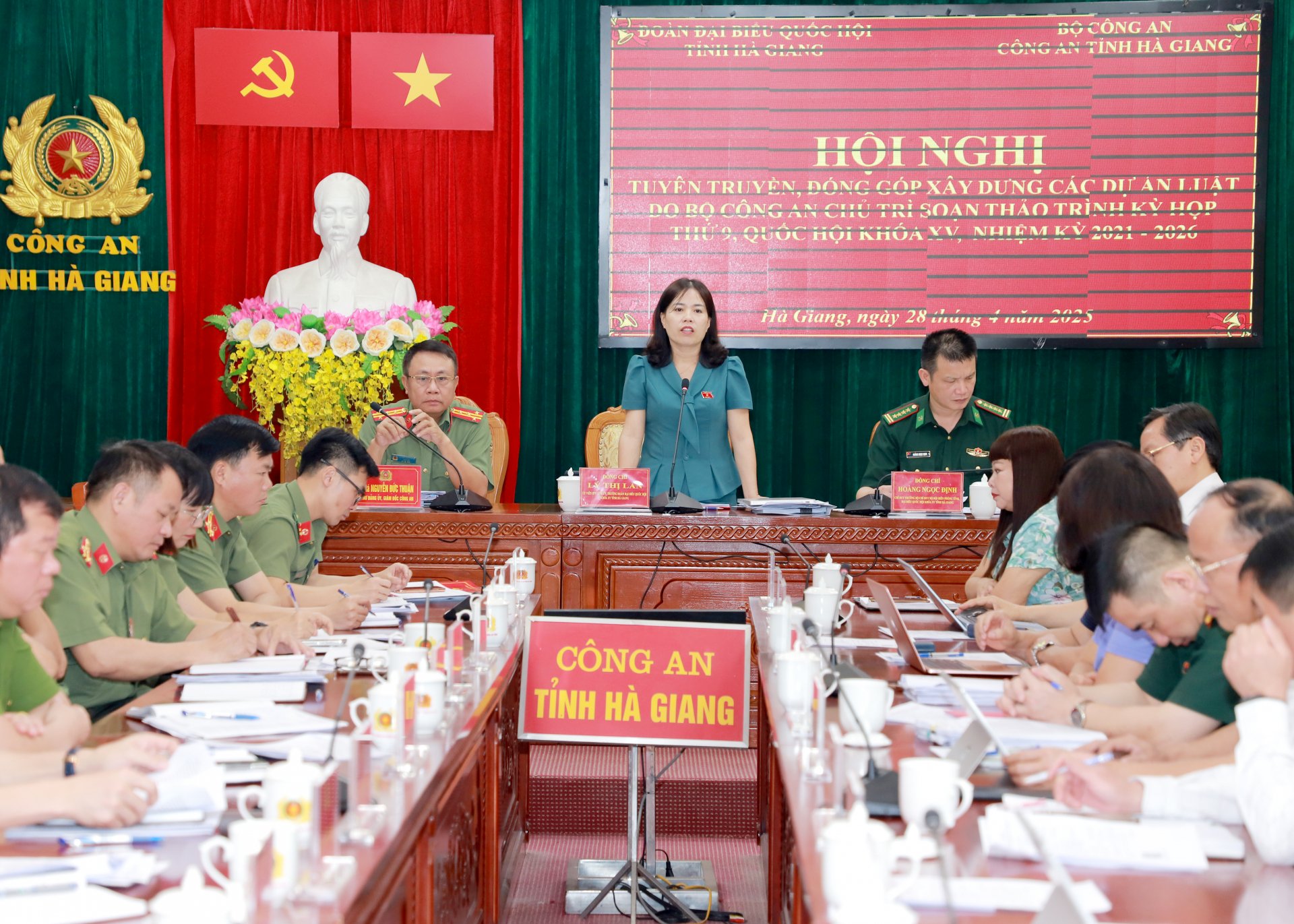
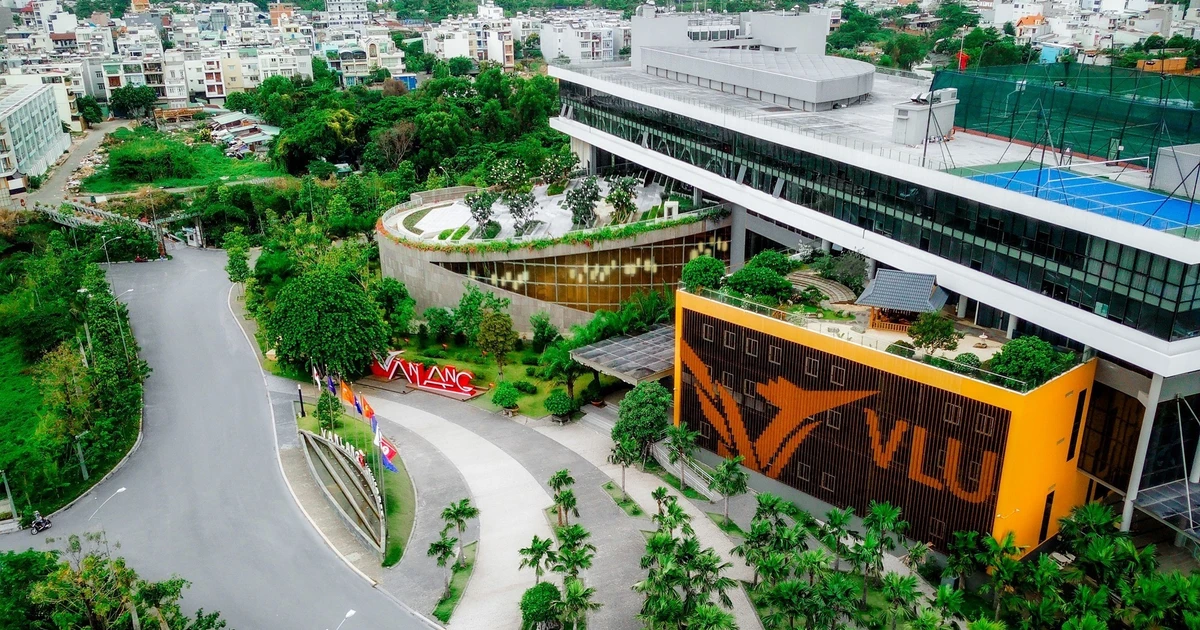
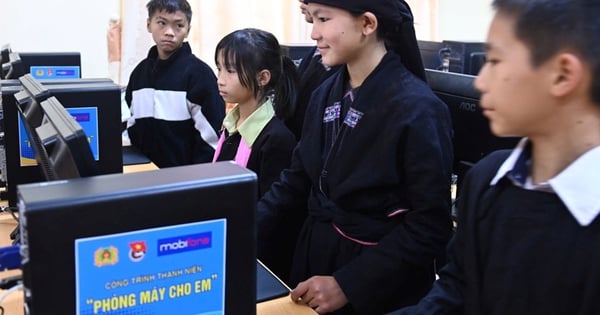
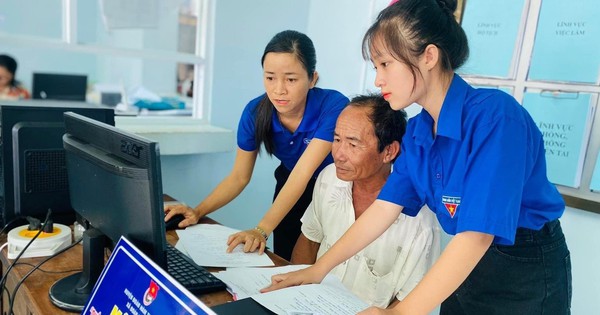
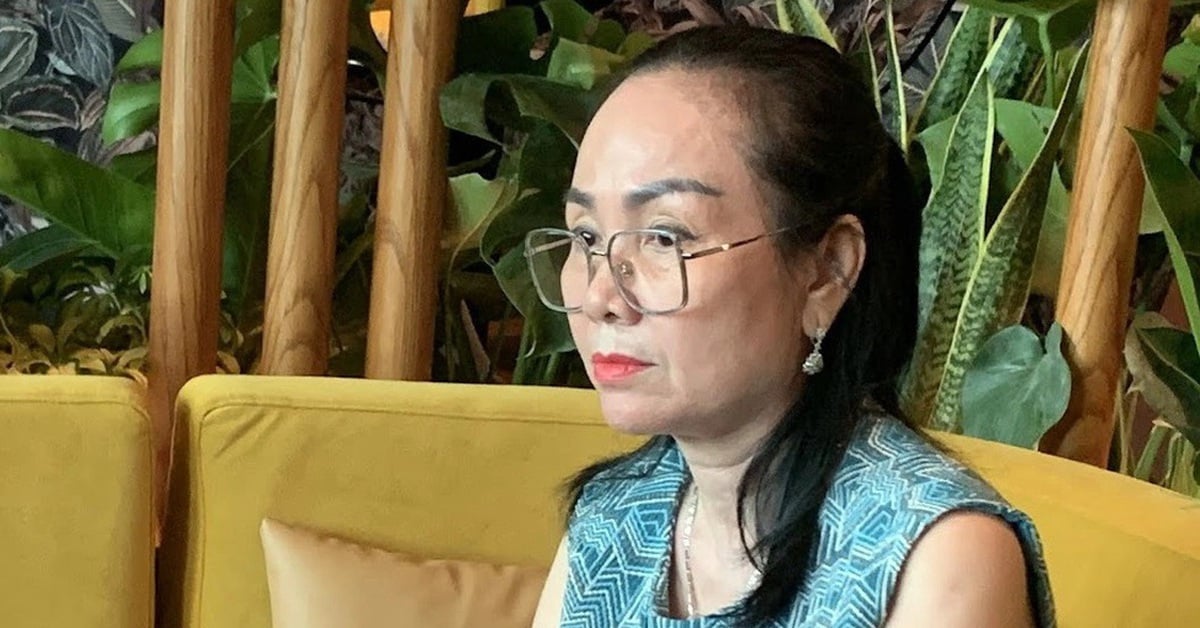
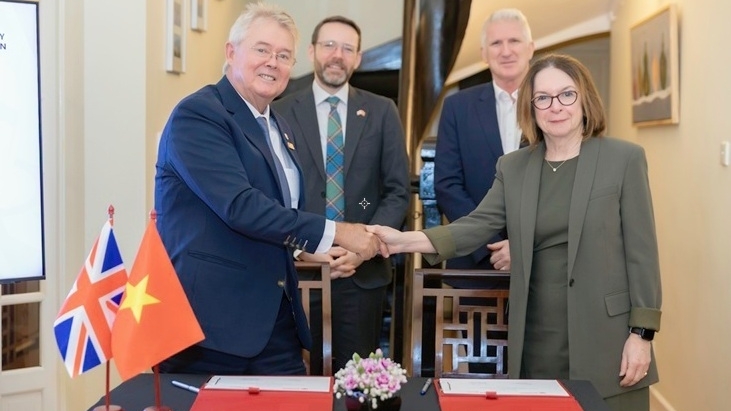
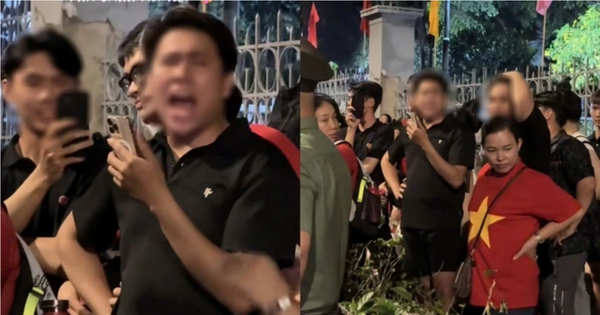


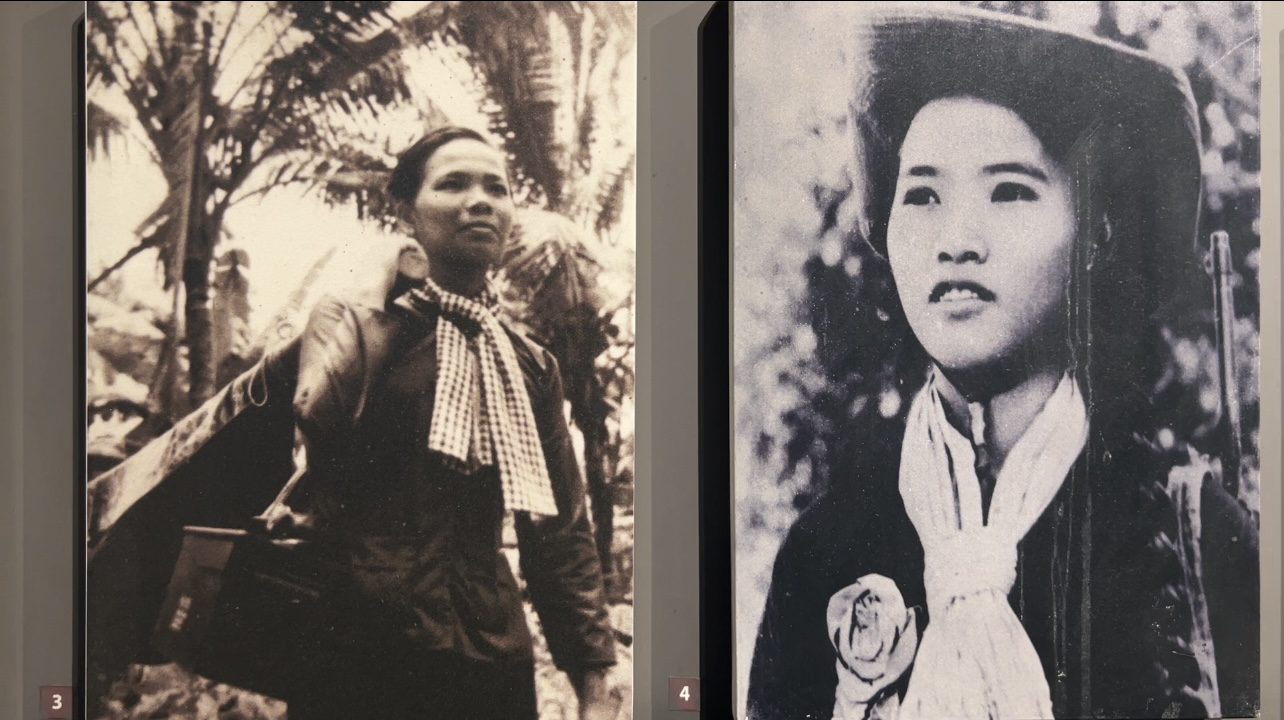

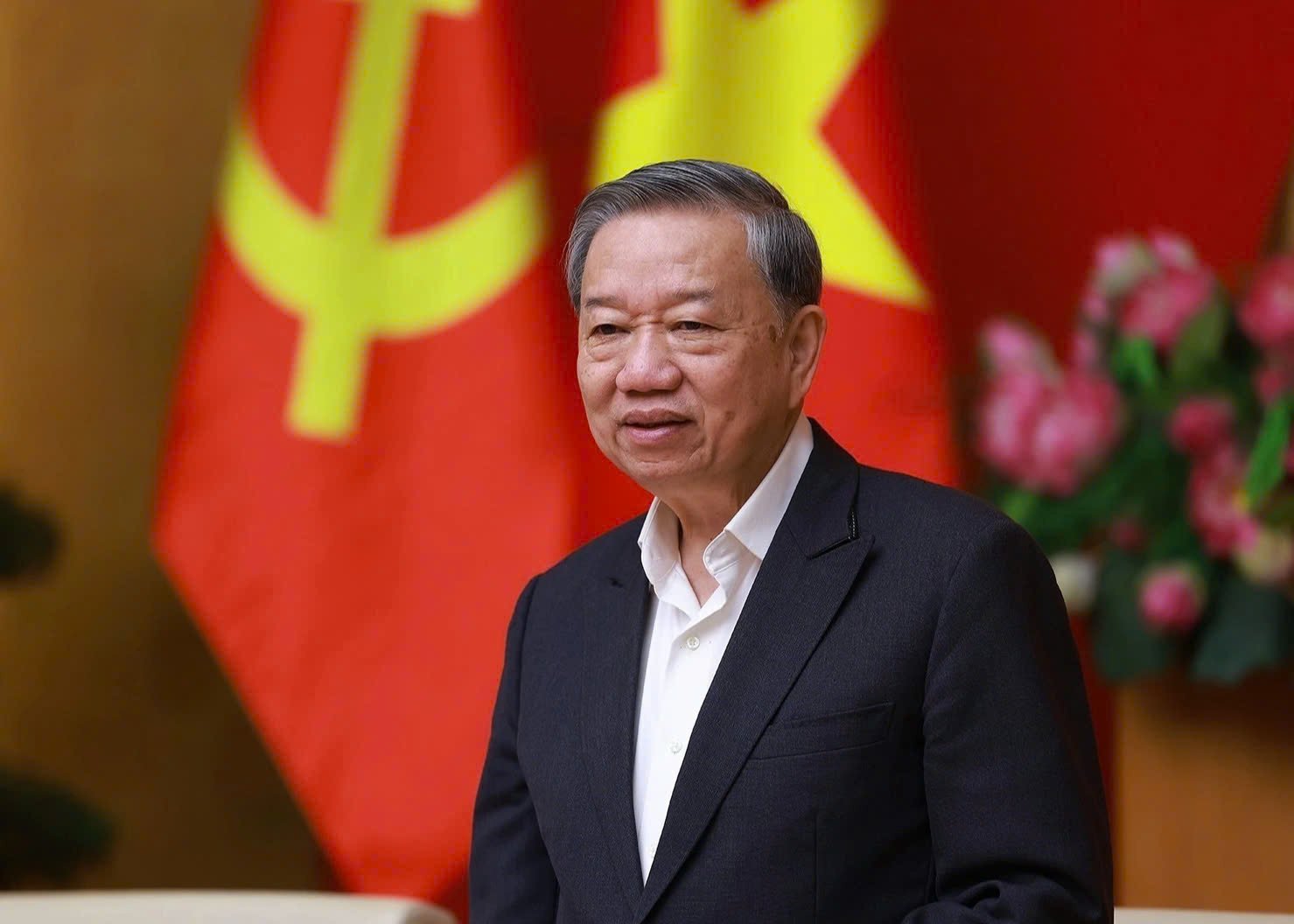
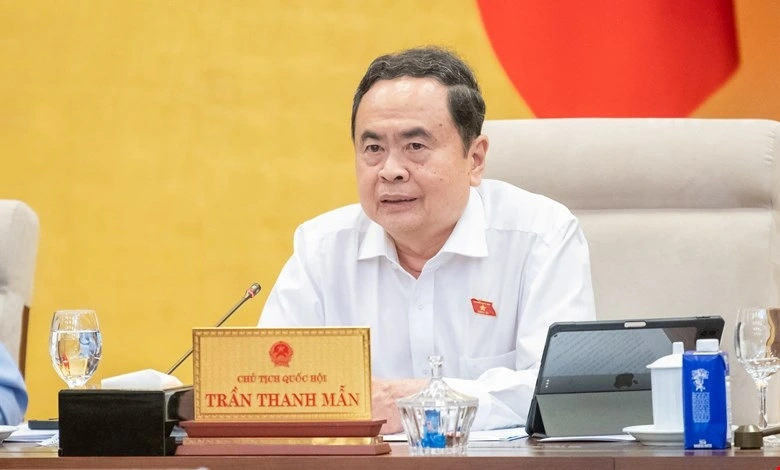
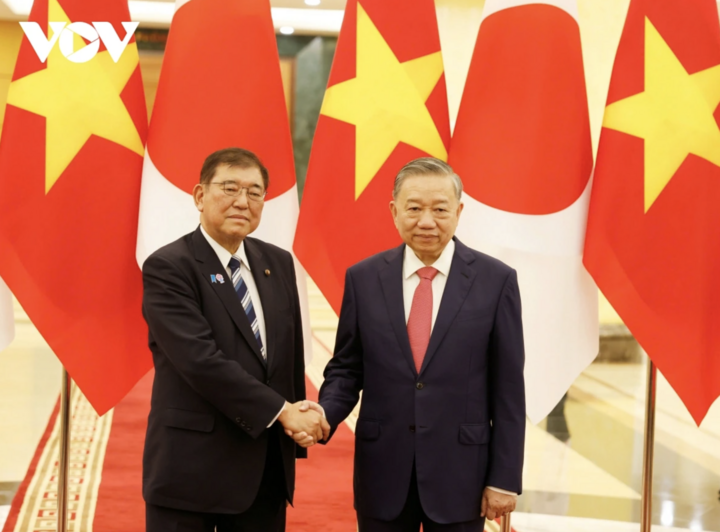
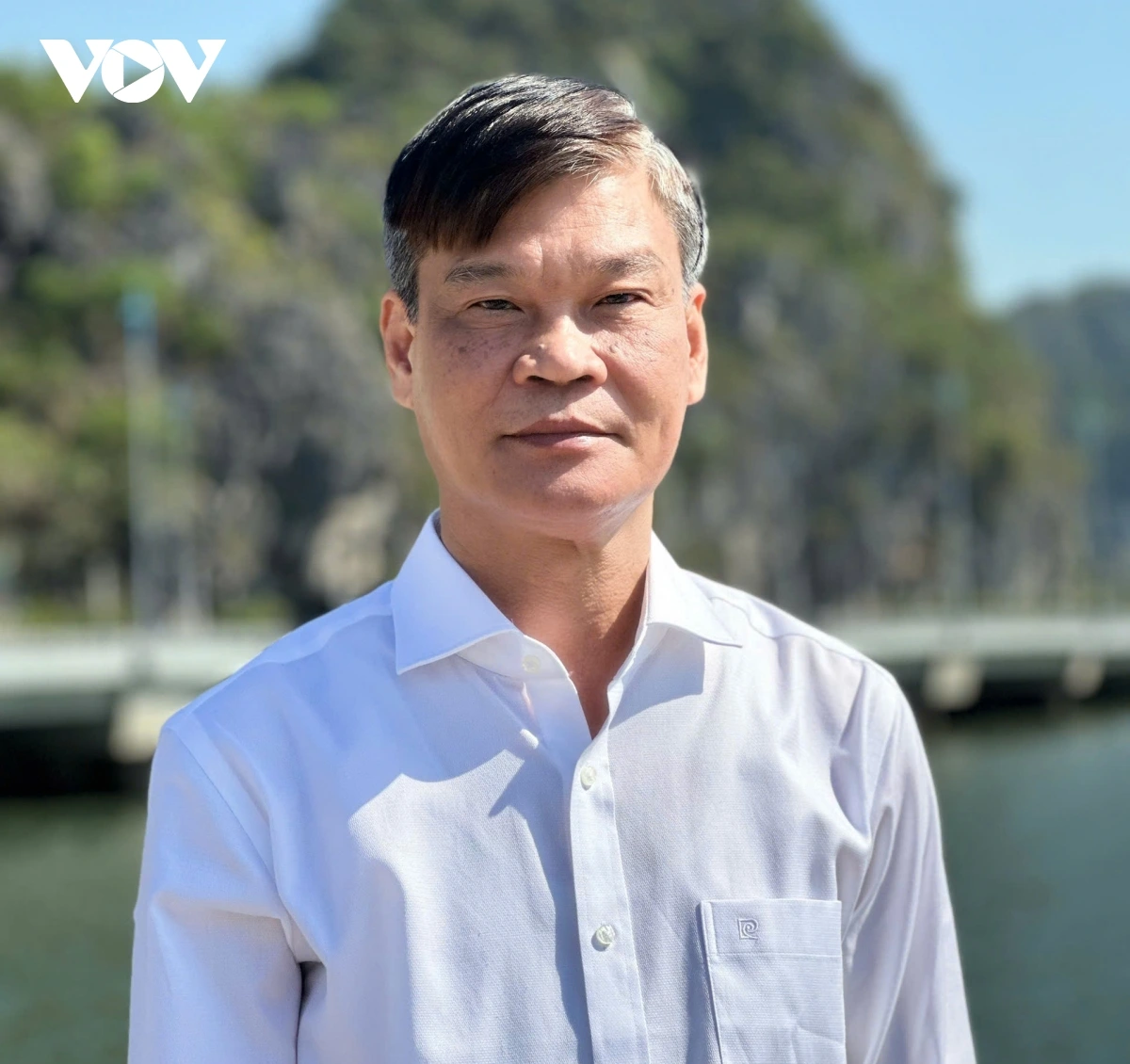


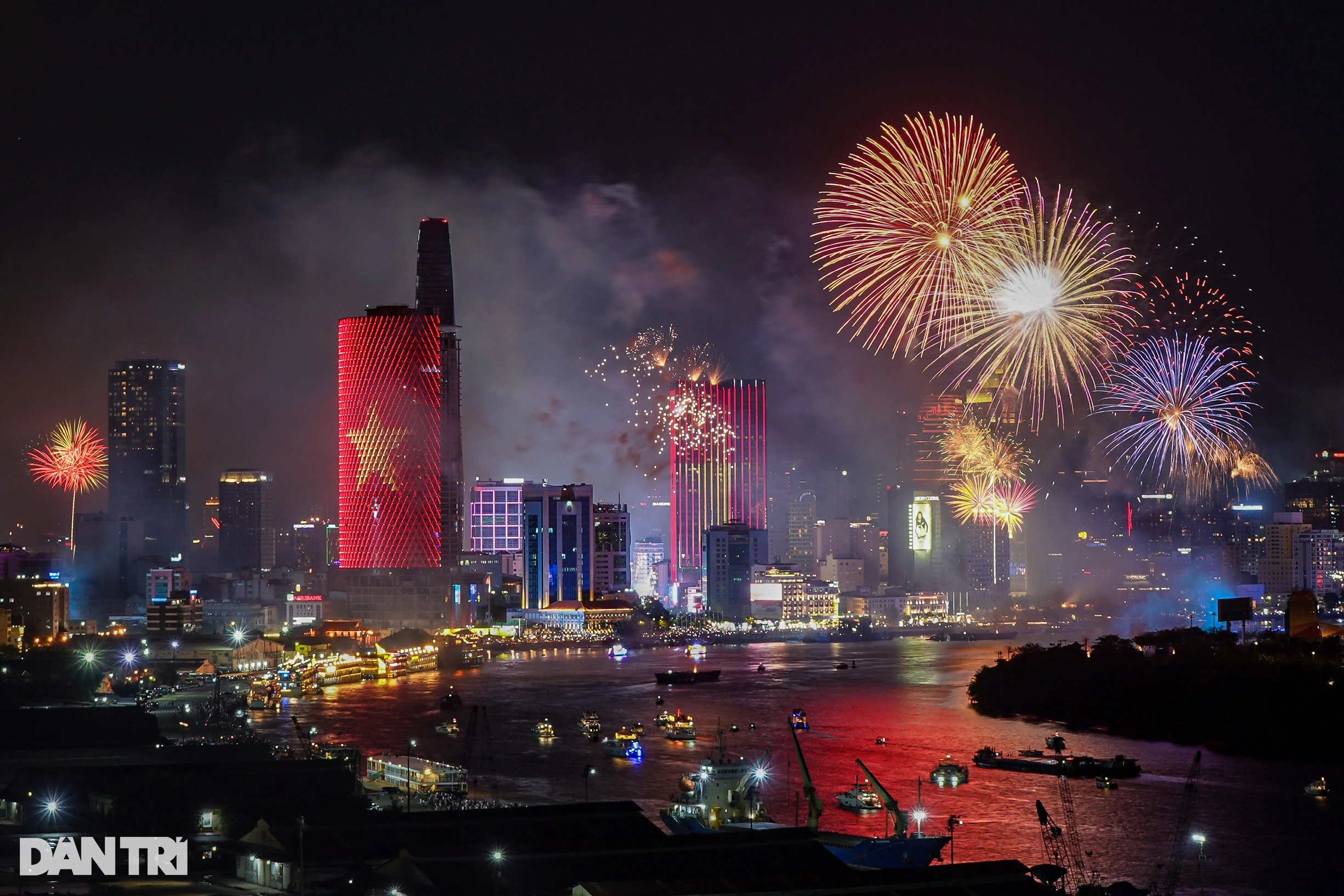
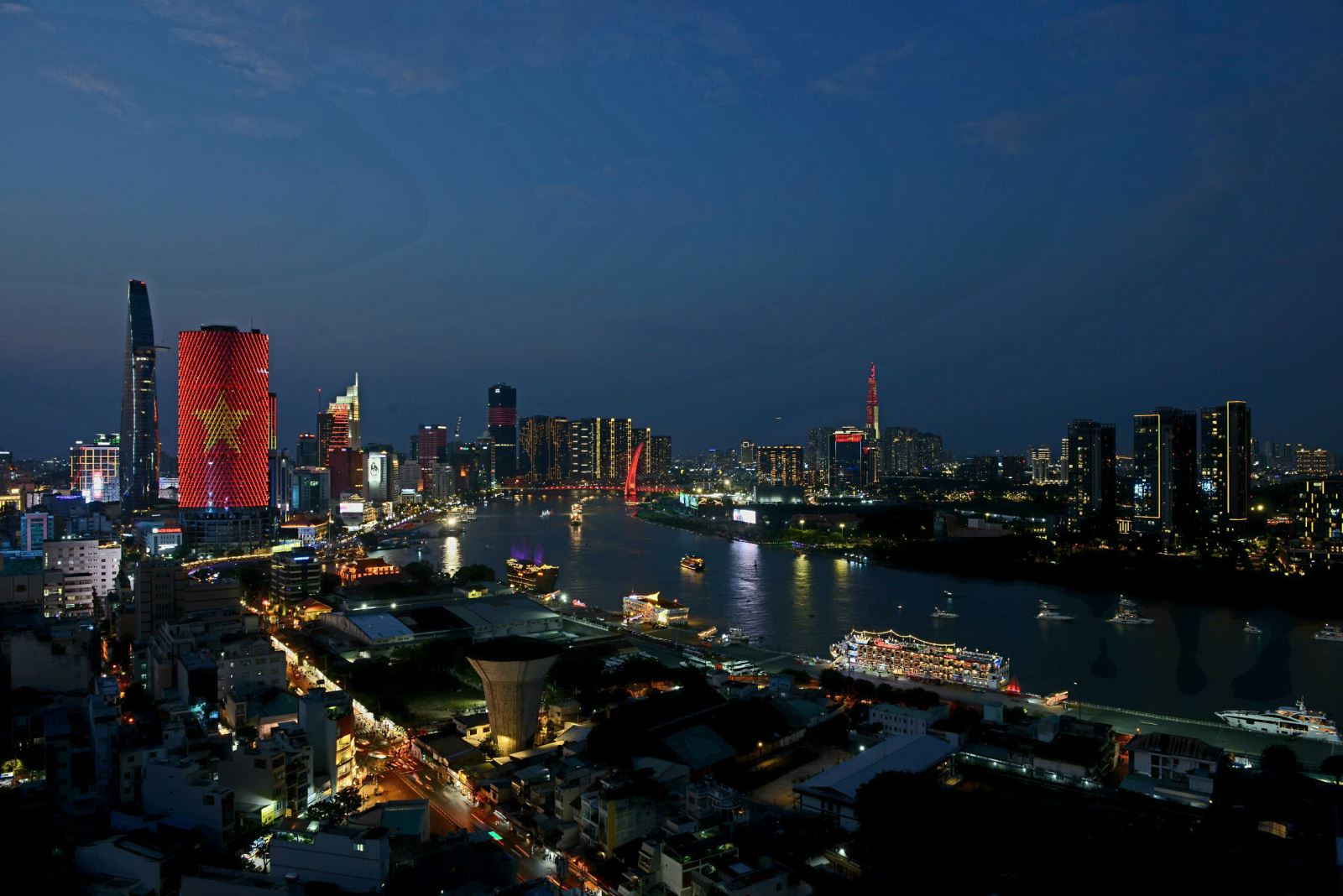


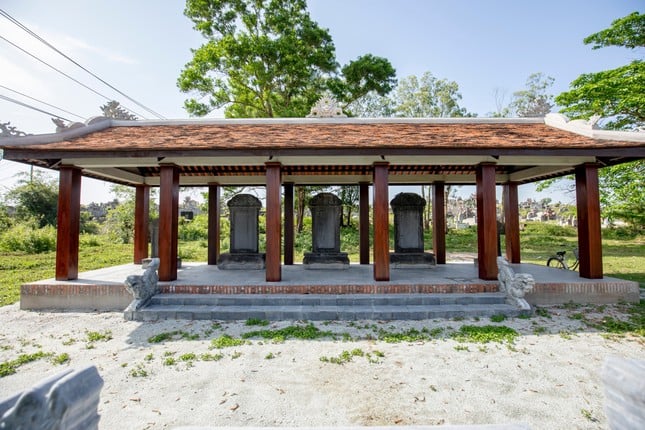



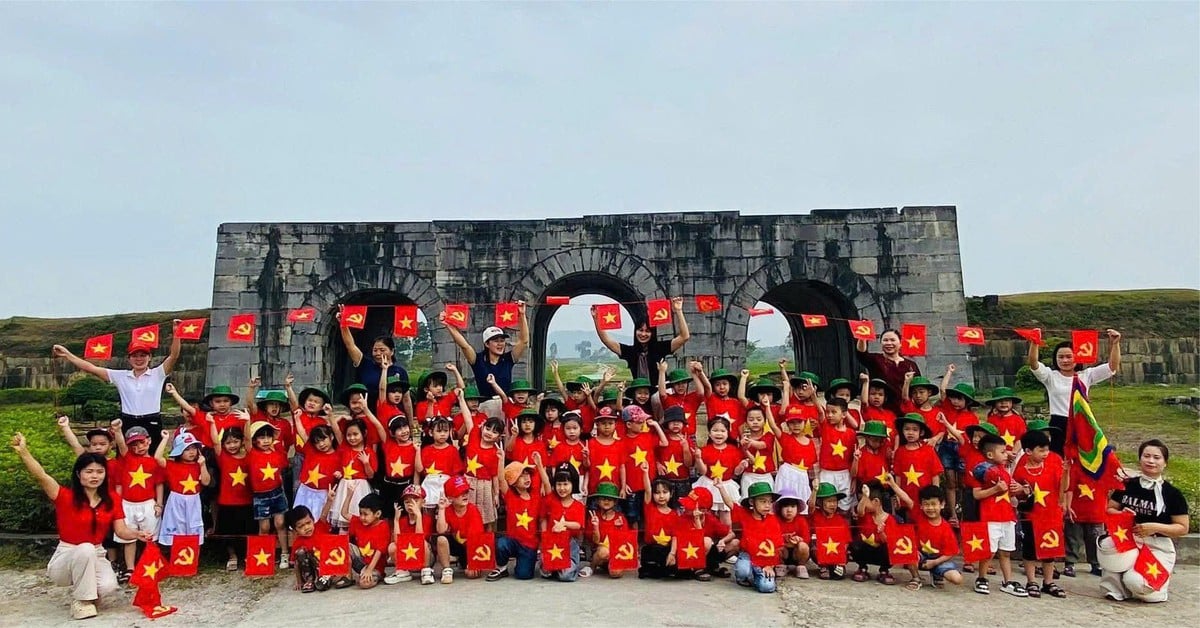




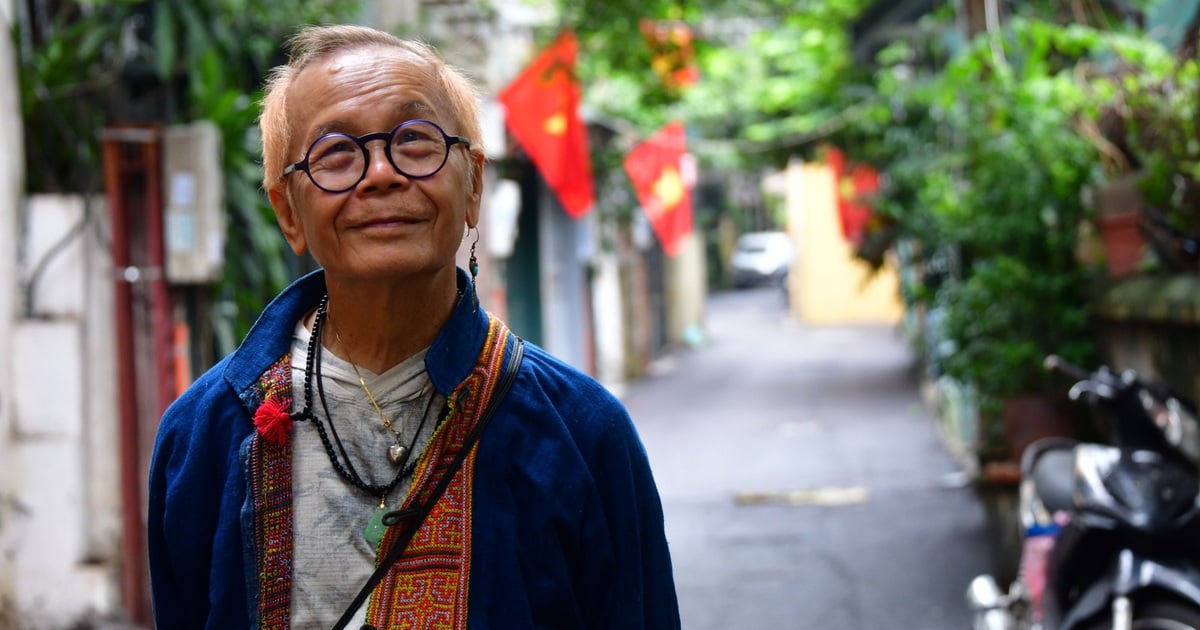

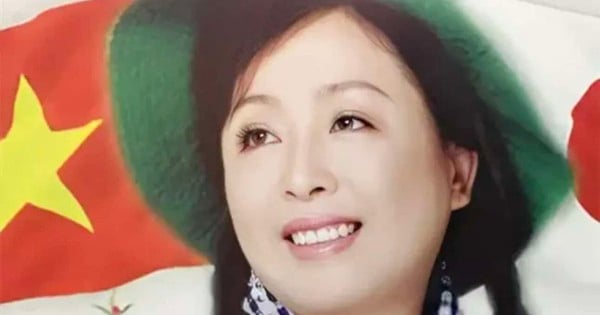

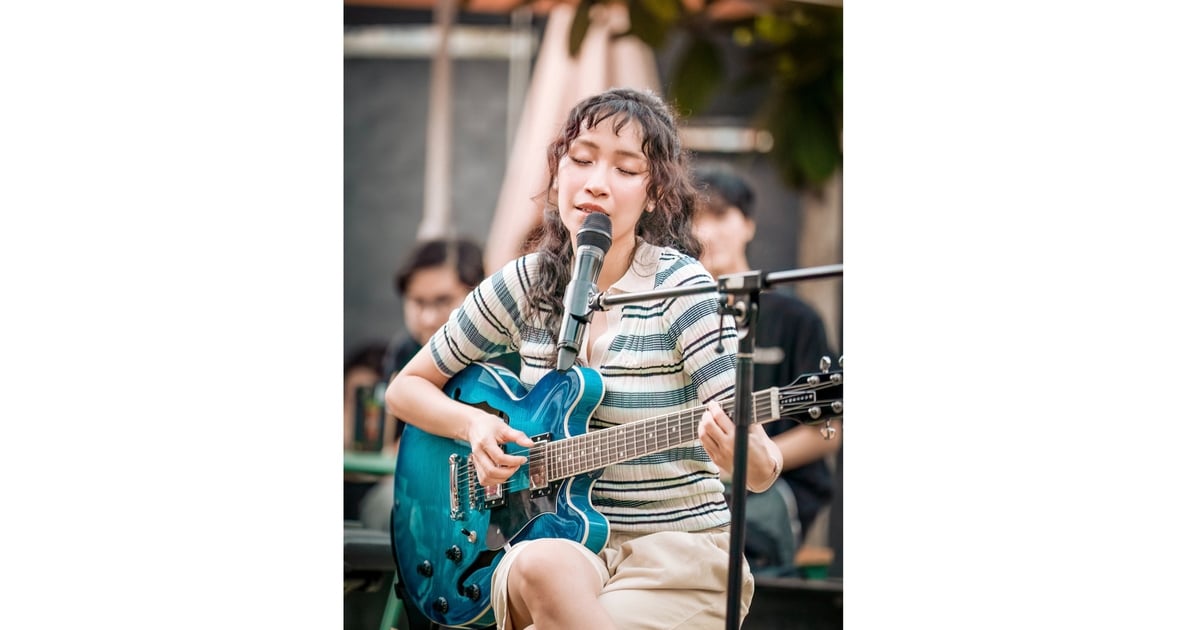
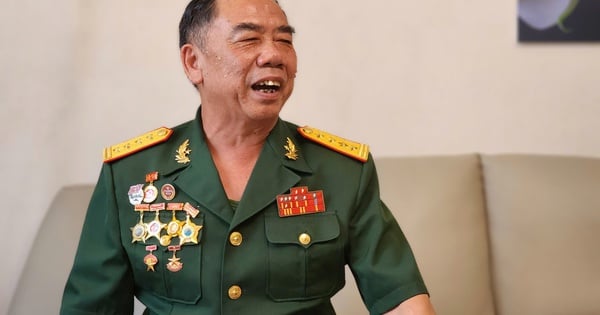

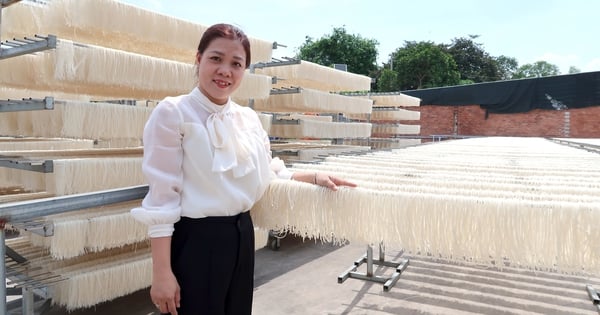

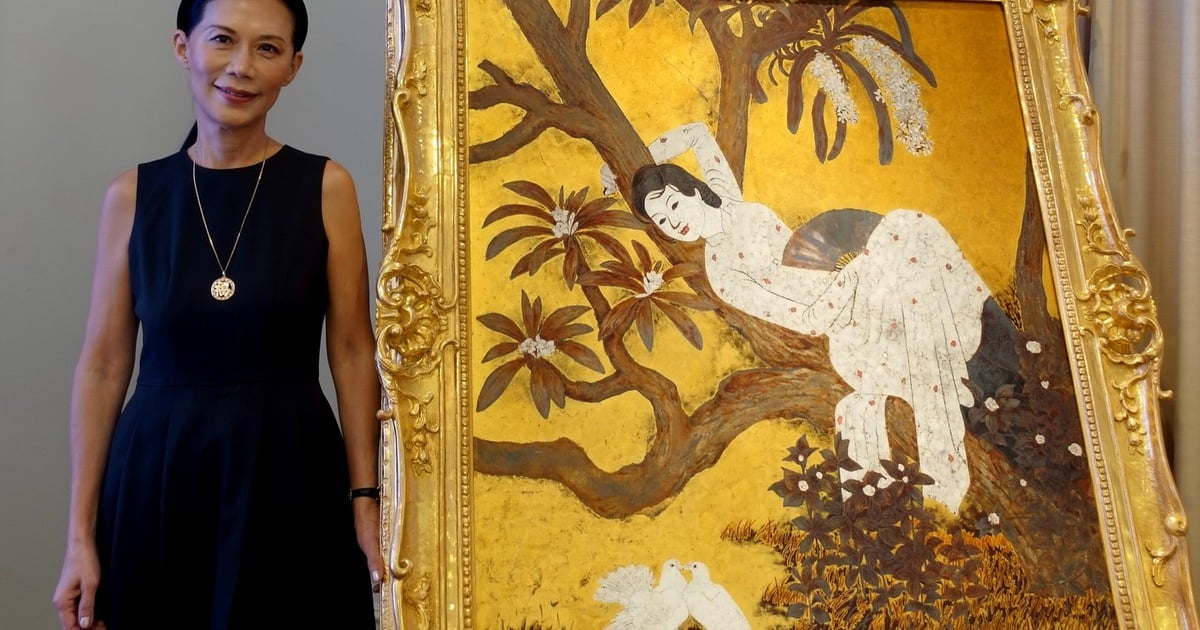











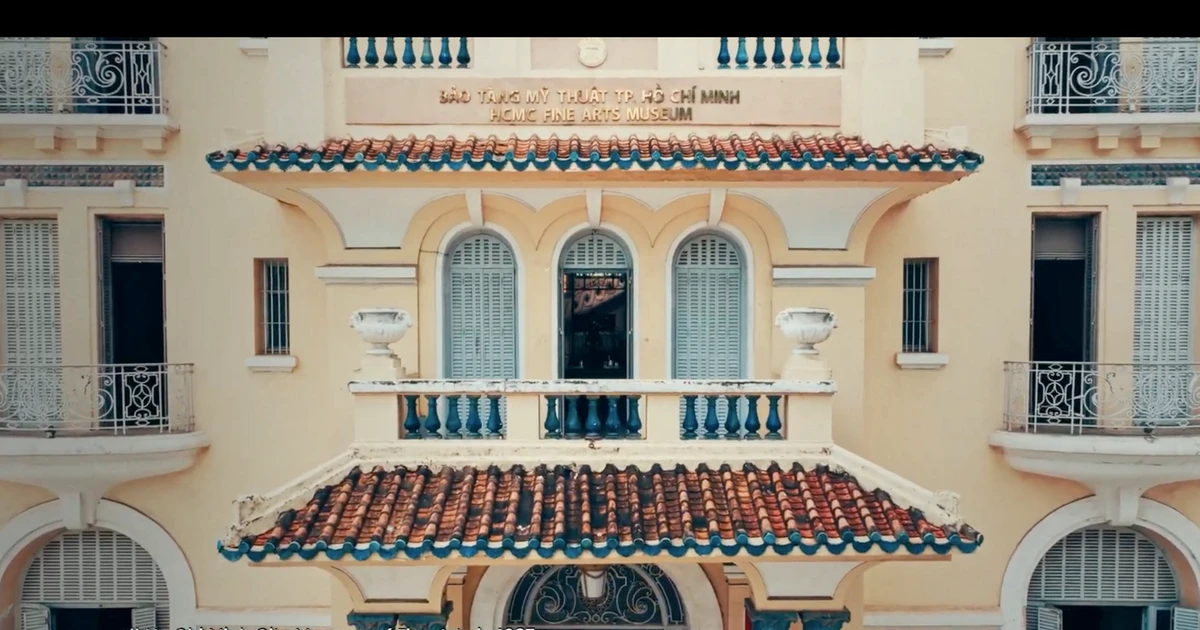

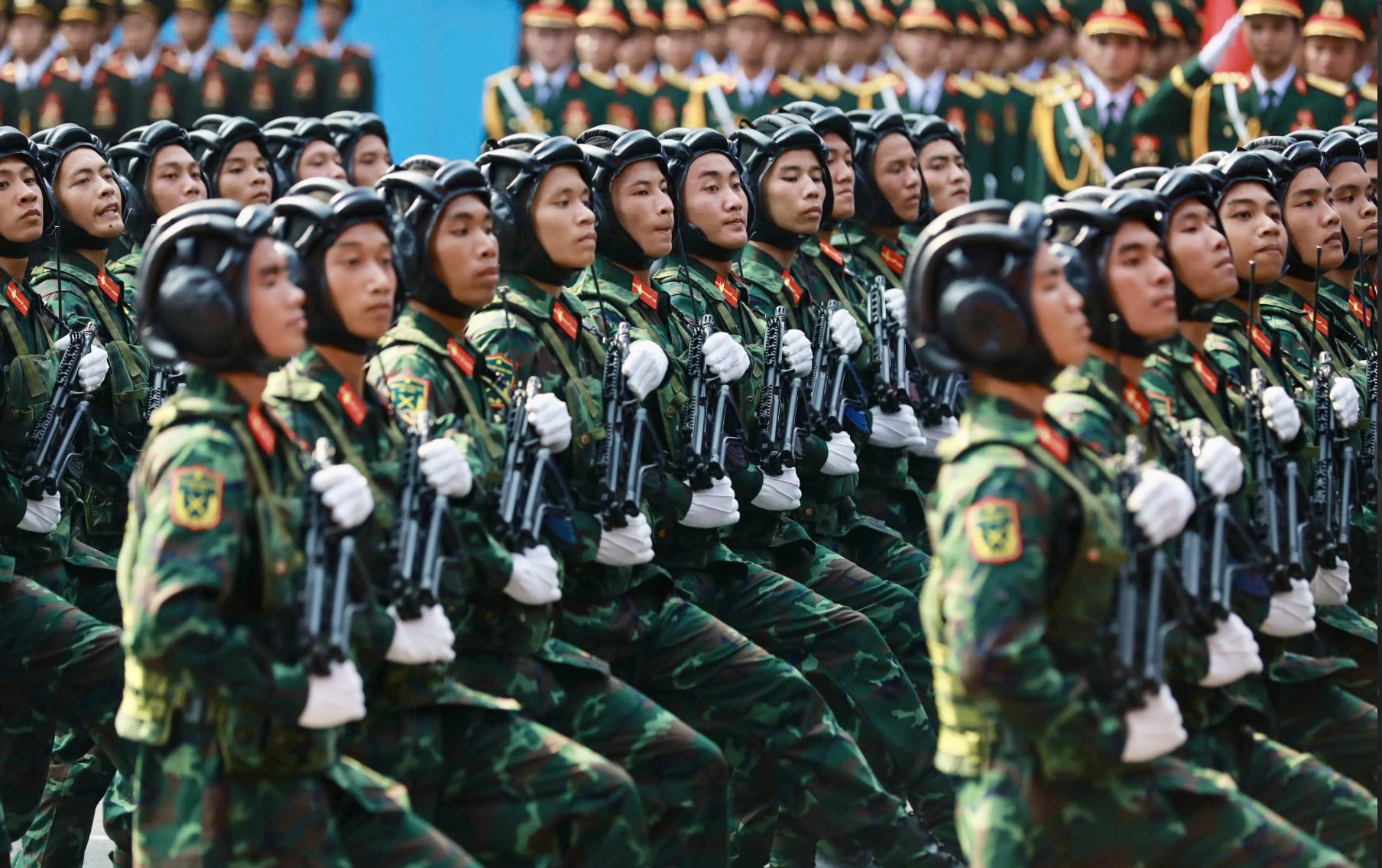









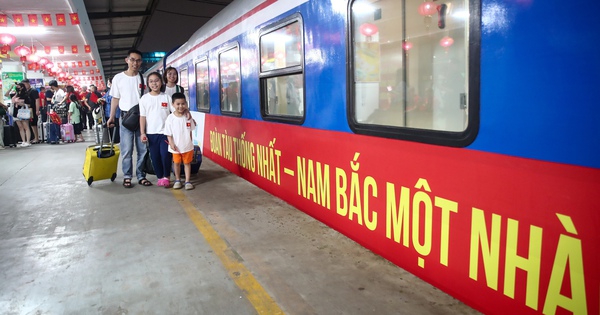


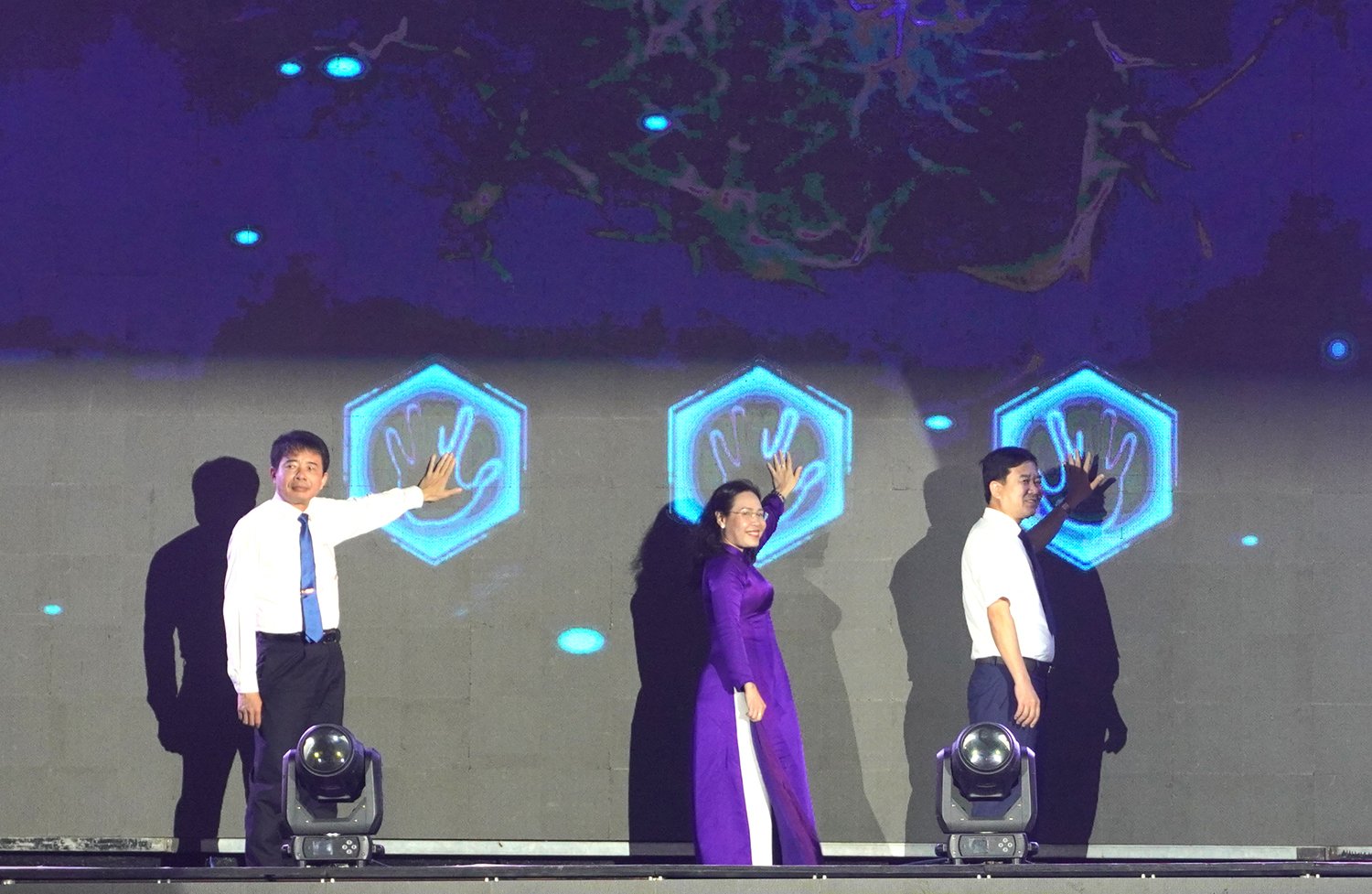

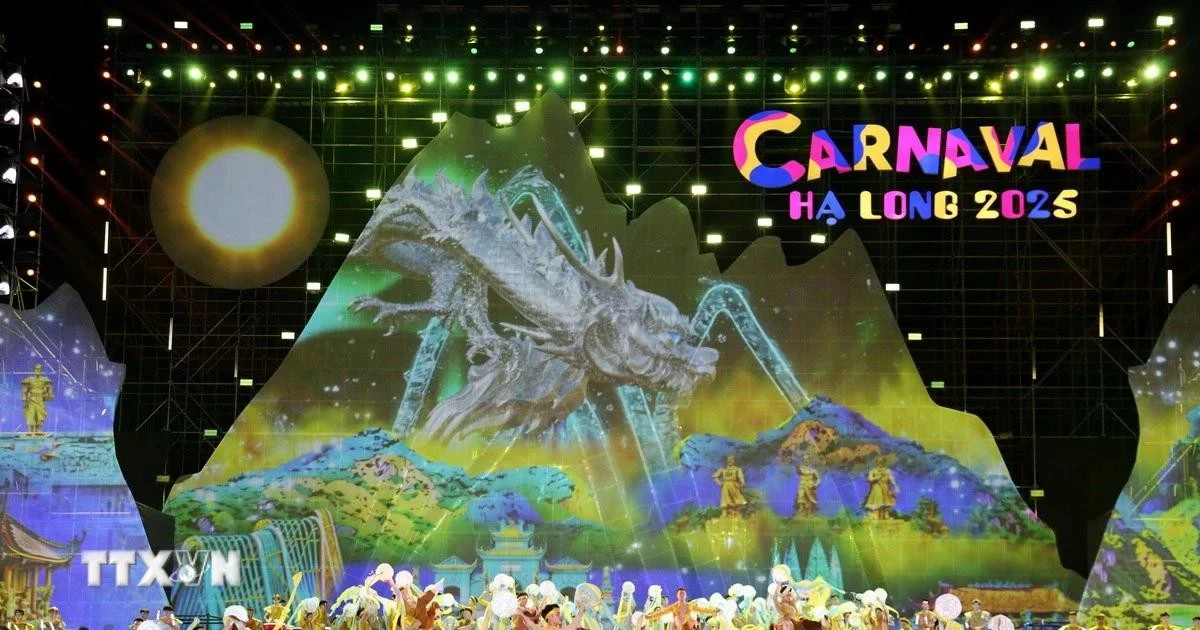

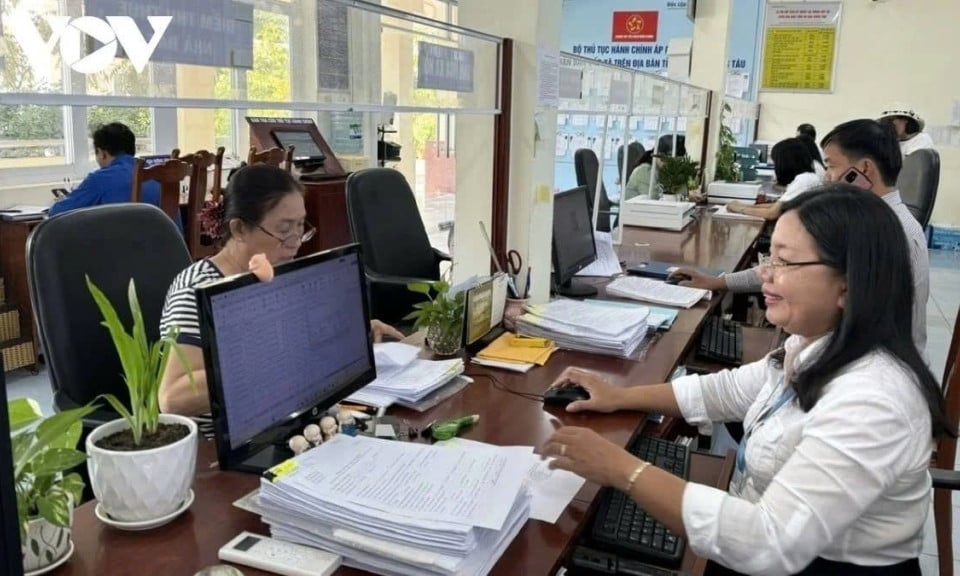

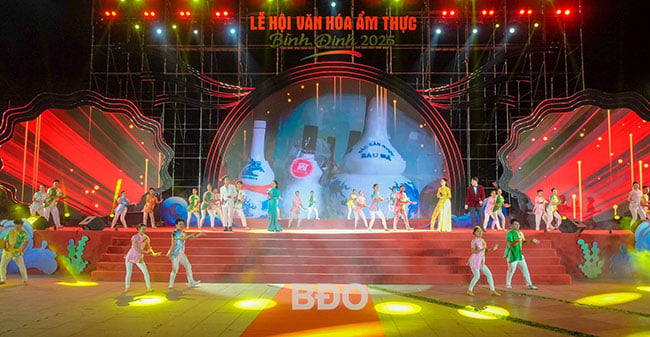
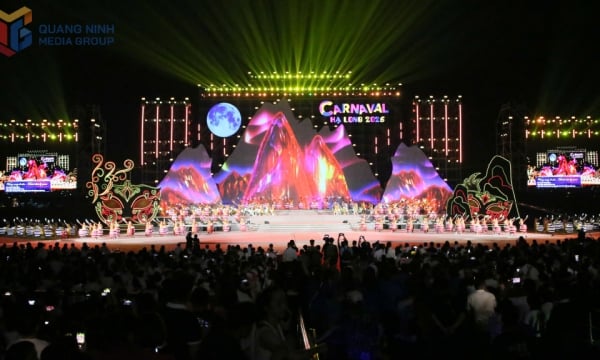

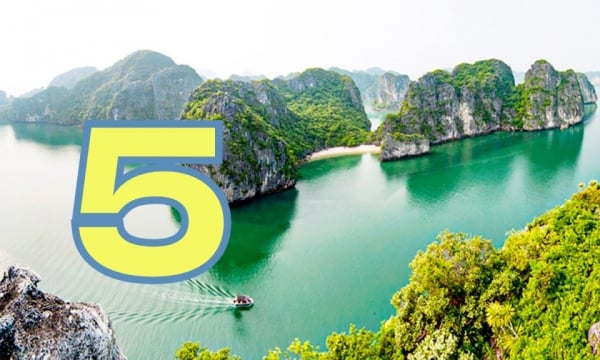






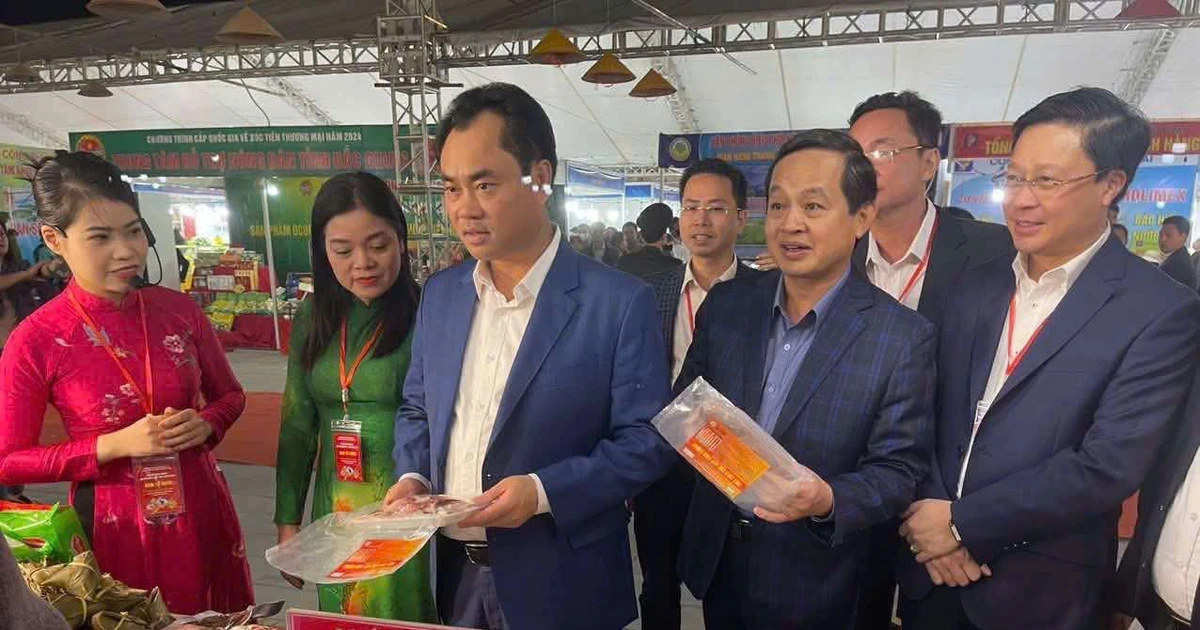



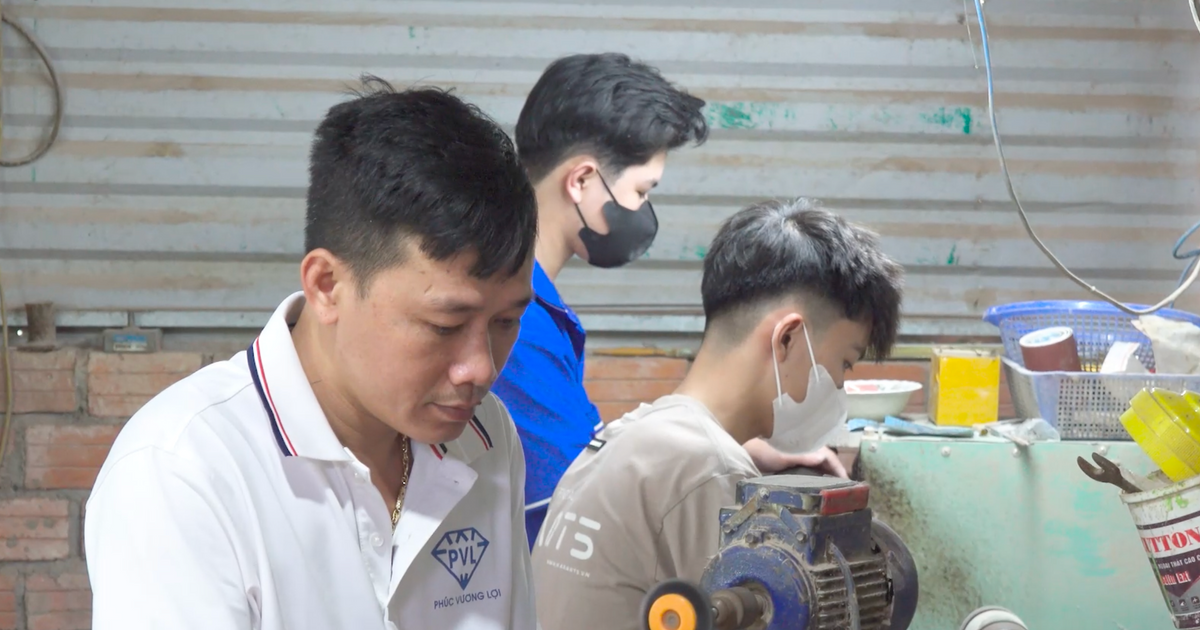

Comment (0)